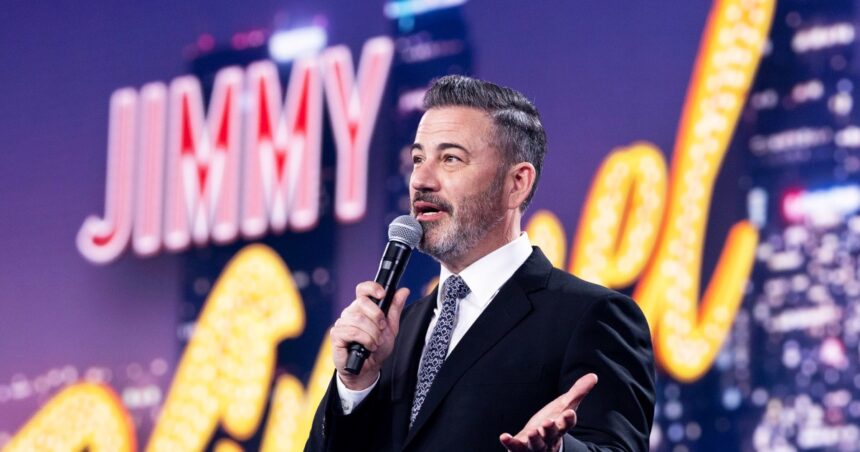Several investors in Walt Disney have formally requested access to documents concerning the media giant’s recent decision to suspend Jimmy Kimmel’s show for six days, a move that has drawn significant attention and scrutiny. Kimmel returned to the air on Tuesday night after facing backlash for remarks he made about the accused killer of right-wing activist Charlie Kirk, which ignited social media outrage and prompted pressure from the Trump administration.
In a letter directed to Disney’s leadership, legal representatives for the American Federation of Teachers, the U.S. labor federation AFL-CIO, and Reporters Without Borders demanded that the company produce records related to Kimmel’s suspension. This inquiry aims to investigate potential lapses in corporate governance, including mismanagement and breaches of fiduciary duty by the Disney board and senior executives.
The letter states, “There is a credible basis to suspect that the board and executives may have breached their fiduciary duties of loyalty, care, and good faith by placing improper political or affiliate considerations above” the interests of Disney and its shareholders. The shareholders have called for documents that assess the financial impact of Kimmel’s show suspension, particularly regarding revenue projections and relationships with affiliate networks Nexstar and Sinclair, both of which chose not to air the show during this period.
The legal representatives indicated their intention to pursue legal action for the requested records if Disney does not comply within five business days. Disney has not yet responded to requests for comment regarding the situation.
Despite the controversy surrounding the suspension, Kimmel’s first episode back attracted approximately 6.26 million viewers, marking it as the most-watched episode in over a decade. However, it’s worth noting that the episode was not aired in about 23% of U.S. television households due to the decisions made by Nexstar and Sinclair, which collectively operate around 70 ABC-affiliated stations.
The situation raises significant questions about corporate governance, the influence of political dynamics on media operations, and the financial repercussions for Disney as it navigates this increasingly polarized climate.







